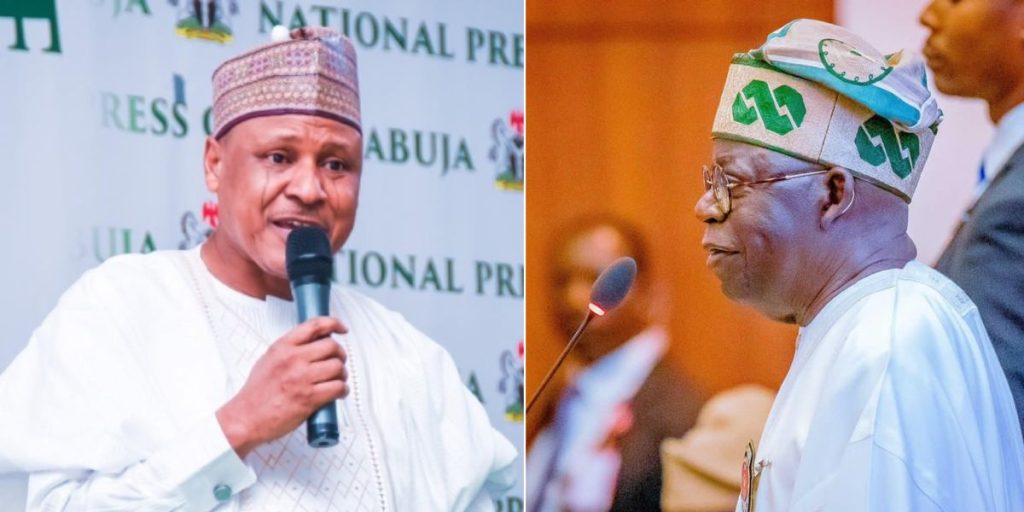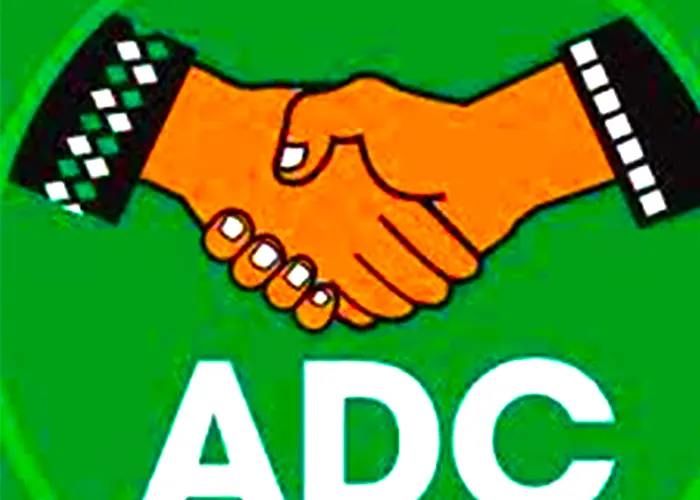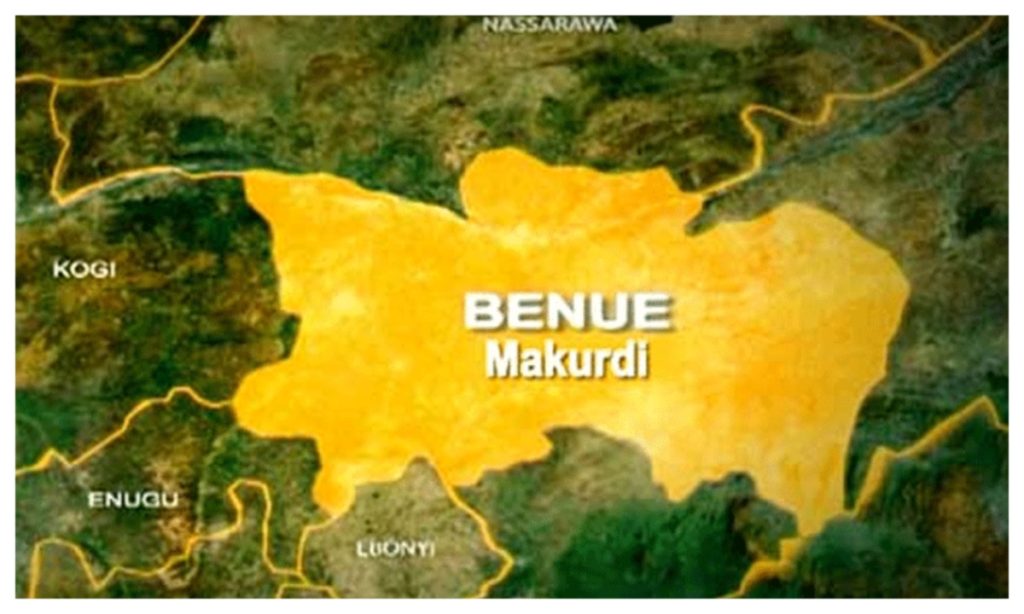A leading member of the Peoples Democratic Party (PDP), Adetokunbo Pearse, has expressed criticism towards President Bola Ahmed Tinubu’s recent remarks on the state of the economy. In an interview with Arise News, Pearse described the president’s assertion that “the worst is over” as “reckless and irresponsible,” given the prevailing economic hardship in Nigeria.
On the occasion of Nigeria’s 65th Independence anniversary, Pearse emphasized that President Tinubu’s statement does not align with the daily realities faced by Nigerians. He argued that the president’s reassurances are deceptive and that the country’s problems are only worsening. According to Pearse, the government has been making similar promises for a long time without tangible results.
Pearse also stressed the need for constitutional reform, citing the 1999 Constitution as a major obstacle to Nigeria’s development. He characterized the document as a “military-imposed” constitution that concentrates excessive power in the hands of the federal government, thereby hindering economic growth and weakening security.
The PDP chieftain pointed out that the constitution has restrained economic development for 26 years, leaving states unable to harness their resources effectively. He advocated for the implementation of the recommendations from the 2014 National Conference, which he believes can help devolve power to the states and promote autonomy.
Furthermore, Pearse raised concerns about Nigeria’s deteriorating security situation, warning that the country is drifting towards a failed state. He highlighted the absence of state police as a significant factor contributing to the insecurity, allowing terrorists to control many parts of the country.
In his view, true independence and progress can only be achieved when Nigeria adopts a system that grants states more autonomy and ends the perceived disguised military rule. By revisiting the constitution and implementing past agreements, Pearse believes that Nigeria can address its challenges and embark on a path towards sustainable development and growth. The call for constitutional reform and greater autonomy for states underscores the need for a more decentralized system of governance in Nigeria.



